The microchip plants, or factories, inside futuristic warehouses lining the leafy streets of Taiwan's Hsinchu Science Park are so secure and isolated from the outside that visitors are strictly controlled.
Inside, dust-free laboratories house robotic machines that engrave silicon wafers with nanoscale precision, creating the world's most advanced processors.
Artificial intelligence databases, iPhones, cars and virtually every digital technology in existence depend on them.
No other place on the planet comes close to matching Taiwan's technological prowess in the manufacturing or foundry market.
One company, Taiwan Semiconductor Manufacturing Company (TSMC), is expected to control about 70 percent of the global chip market — and an astonishing 90 percent for the most advanced chips.
This is a remarkable achievement for an island of 23 million people that, in the eyes of much of the world, officially does not exist.
Canada, like all but a dozen or so small states, recognizes the government of the People's Republic of China in Beijing, but does not recognize Taiwan, which China views as a breakaway province.
Recently, however, for many Taiwanese this lack of recognition has come to be seen as something of a slight.
“We don't have to worry too much about people not caring about us,” said Amy Lin, 21, a college student who was shopping in Taipei. Guanghua Digital Plaza, electronics market known as Computer Street.
“We have waffles [microchips]so we have something to agree on with others. It certainly boosts our confidence as a country.”
The Silent Nation is no more
Analysts who study Taiwan's semiconductor industry and its impact on geopolitics agree.
“Taiwan has been a silent country for decades,” said Jeremy Chang, CEO Research Institute of Democracy, Society and New Technologies (St.DSET, a think tank that studies the connections between geopolitics and Taiwan's semiconductor industry.
His words echo the title of a 2023 Taiwan documentary called Invisible Nation. The film chronicles the island's long struggle to emerge from martial law and become a thriving democracy in the shadow of communist China.
“This is a very changing moment for Taiwan, which [we] to finally have a chance to negotiate or talk with like-minded allies,” Chang said. “Almost all countries need completely new semiconductors. You can no longer ignore Taiwan.”
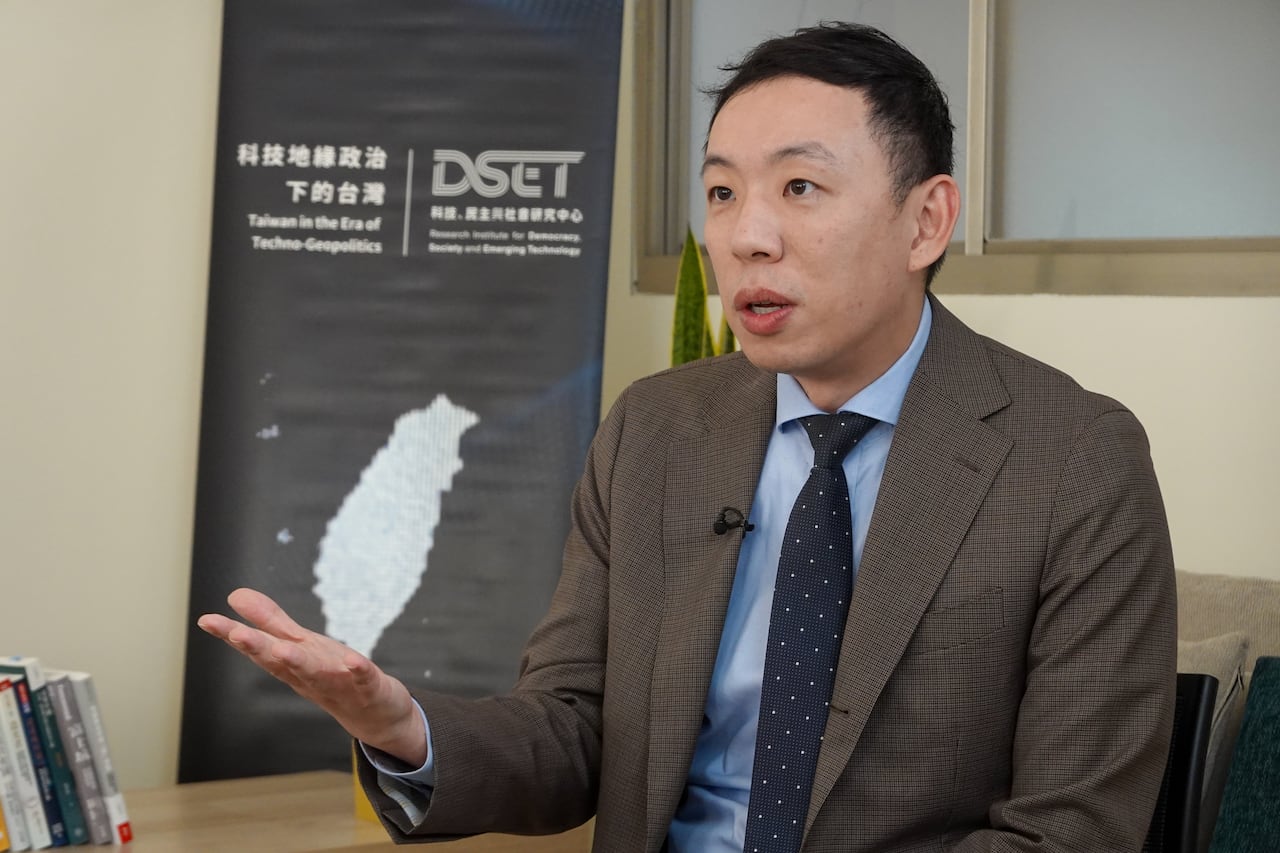
Chang said the world is on what he called the “front page” of the age of artificial intelligence, and the events that follow will be “completely different from what humans have experienced so far.”
By this he means that breakthrough advances in robotics, drones and artificial intelligence will come from semiconductors.
In an interview with CBC News, Taiwan's Vice President Hsiao Bi-him stressed that none of the island's manufacturing success was an accident.
“Taiwan has truly been treated unfairly by most countries in the world that do not recognize Taiwan's status,” she said.
“It took us decades to build, and it was also decades of hardship,” Xiao said, highlighting the strategic investments, planning and training programs that governments have put in place for more than 40 years.
“Under very challenging international circumstances, Taiwan has managed to create one of the most comprehensive and competitive ecosystems that supports high-end semiconductor chip manufacturing,” she said.
In an interview with CBC News, Taiwan Vice President Hsiao Bi-him said it took decades of hardship to build the island's competitive advantage in chip manufacturing. Her comments come as the company faces pressure to move more production to the US, as well as ongoing military pressure from China.
Checking Semiconductor Industry Pioneers
This success is a remarkable vindication for those who pioneered Taiwan's semiconductor industry more than 30 years ago.
“I don't think anyone believed in this park. [Hsinchu] because at that time, few people knew how to act,” said technology entrepreneur Miin Wu, who was interviewed at the offices of Macronix International Co. Ltd., the company he founded.
In 1989, Wu returned to Taiwan, earning a degree from Stanford University and working for several years in California's Silicon Valley.
At the time, Japanese companies controlled the lion's share of the semiconductor business, but by designing and building fully computerized manufacturing, Wu said, he was able to improve the efficiency and quality of chips.
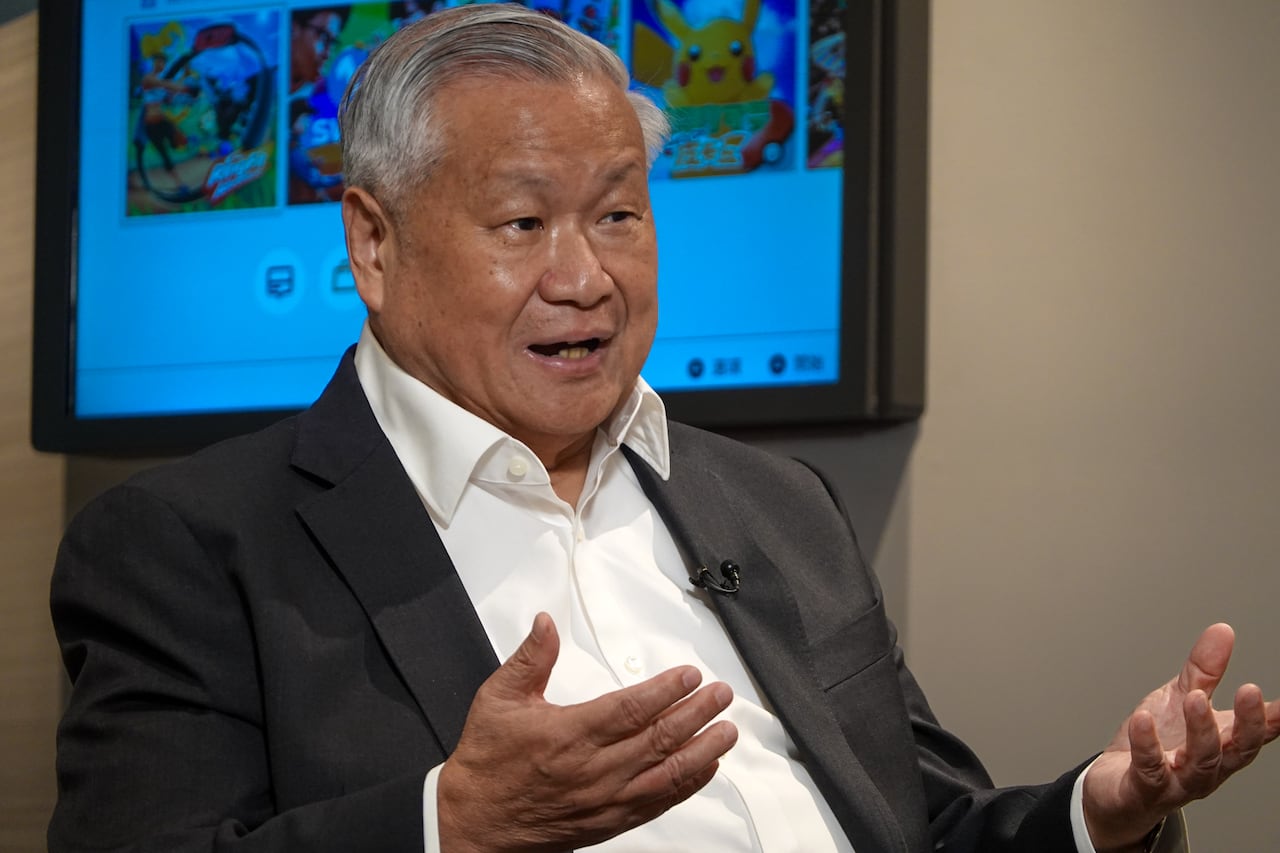
Macronix went on to become a world leader in flash memory chips, which are widely used in cars and gaming consoles such as Nintendo.
“Gradually, we saw the results of this work. Ten years later, we found that our quality was much higher than everyone else,” Wu said.
For Taiwanese policymakers, the pressing question now is how to leverage the island's indispensable role in global supply chains to achieve their policy goals.
In late September, during a diplomatic dispute with South Africa, Taiwan briefly raised the possibility retention of microprocessors as punishment for reducing the island's representation in the country.
But such a direct threat may turn out to be a one-time thing. Officials in Taipei appeared to quickly back down, agreeing instead to more talks.
Microchip production is likely not a particularly useful enforcement tool because Taiwan does not develop or sell the chips it produces, analysts say. TSMC, for example, produces semiconductors for other companies.
Taiwan also does not have the ability to project its financial system internationally and impose controls on the export of goods in the way that the United States or China can.
China recently introduced controls on the export of certain rare earth minerals To put pressure on the US, which has previously tried to restrict the sale of semiconductors to Chinese companies.
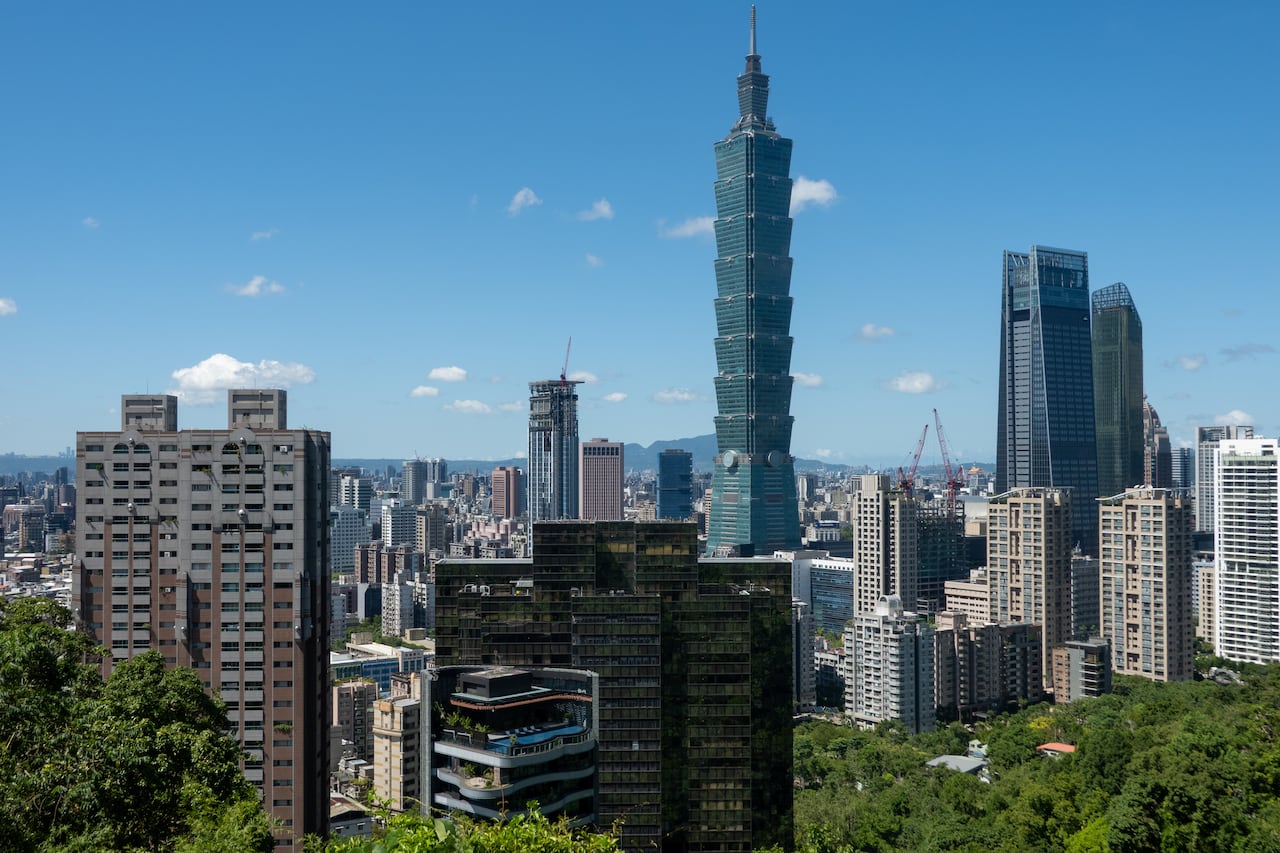
Regular provocations from China
Ronan Fu is a defense and policy researcher based in Taipei.The Academia Sinica spokesman said he believes Taiwan should rely on diplomacy rather than intimidation to win more friends.
“The key question is whether the United States is going to come to Taiwan's aid if Taiwan is invaded,” Fu said.
Taiwan faces almost daily military provocations from the Chinese military as Chinese ships and aircraft test Taiwan's defenses. On Tuesday, for example, This was reported by the Taiwanese military. 16 sorties by Chinese fighters entering the island's air defense identification zone, as well as incursions by ships.
China is also in the midst of an unprecedented production of ballistic missiles and other long-range weapons that put Taiwan's main island within easy reach.
Fu said Taiwan needs to continue its efforts to build a stronger military alliance with the United States and other East Asian countries, and that its inclusion in the global supply chain – albeit at some distance from China – strengthens that position.
“Taiwan's role is really to serve as a critical component of the alliance created by the United States. The US has made it clear that we are trying to recreate a supply chain free of Chinese influence.”
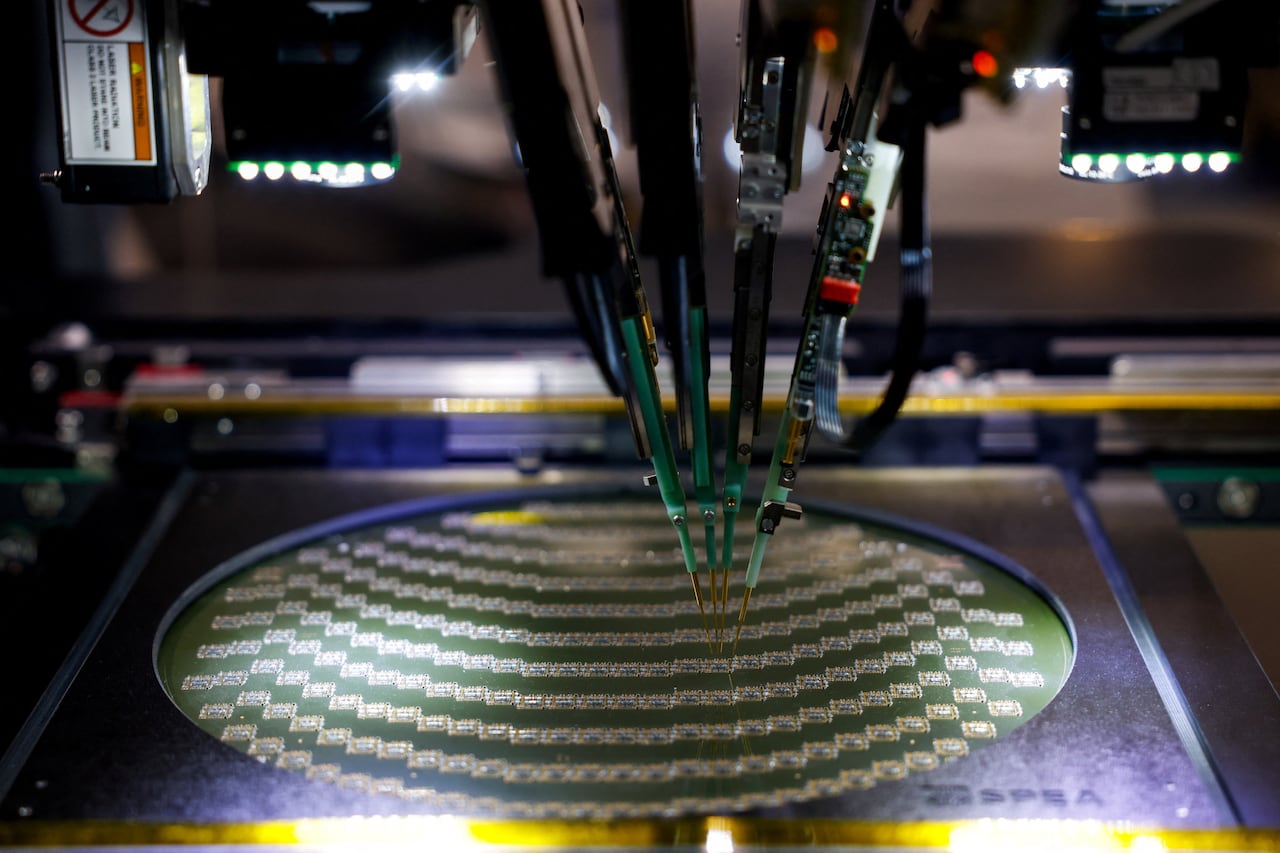
TSMC has taken significant steps to strengthen its presence outside of Taiwan, building state-of-the-art foundries in Germany, Japan and Arizona.
But even though it promotes more businessffshore, DSET CEO Chang Said Taiwan will remain a global chip manufacturing hub as the industry remains deeply interconnected.
“Currently they have to ship chips made in Arizona factories back to Taiwan for packaging,” he said, the refereemoving to the final stage of the production process, which can significantly improve their efficiency.
Xiao, Taiwan's vice president, said her government's focus remains on strengthening the partnership.
“Taiwan has always strived to use our influence in a positive way,” she said. “We will continue to work with friends and partners around the world who share our values and our goals.”


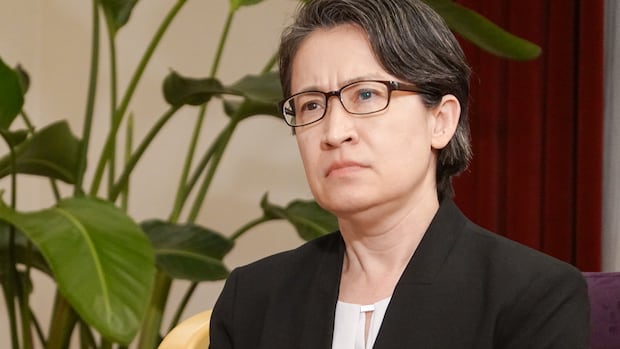





:quality(85):upscale()/2025/12/02/834/n/49351760/a152b508692f37a8bfeb77.47112368_.jpg?w=150&resize=150,150&ssl=1)
